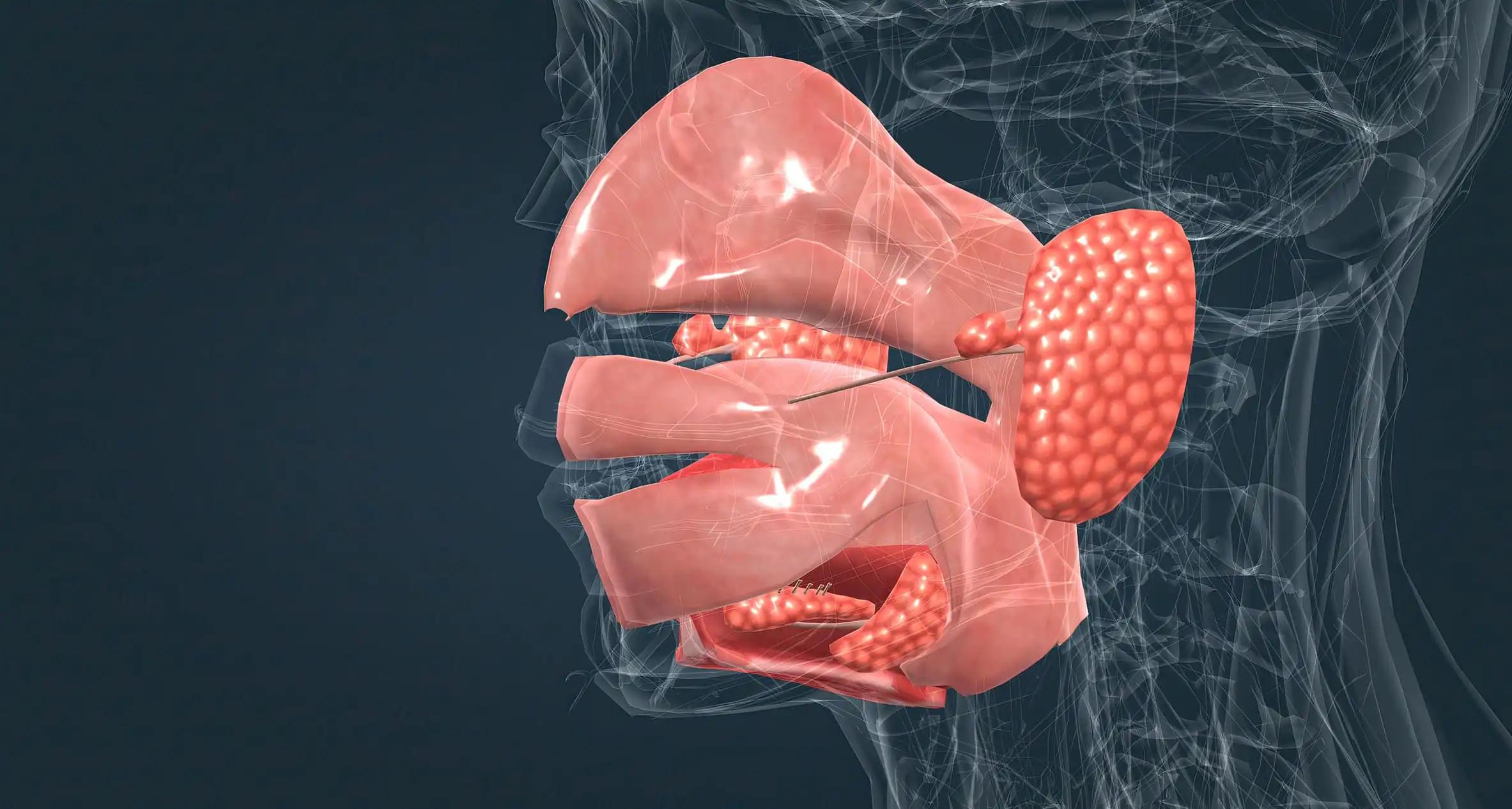KEY TAKEAWAYS
- The study aimed to assess the benefit of adjuvant capecitabine for patients with TNBC not achieving pCR after standard NACT.
- Researchers found no survival benefit from extended capecitabine in patients with TNBC and residual disease after NACT.
Neoadjuvant chemotherapy (NACT) is now the standard care for patients with triple-negative breast cancer (TNBC) with tumors larger than 1 cm or positive axillary nodes. Pathologic complete response (pCR) is used to determine whether to escalate treatment.
Maria Fernanda Imperio Pereira and the team aimed to evaluate the benefit of adding adjuvant capecitabine for patients with TNBC who did not achieve pCR after standard NACT.
This retrospective cohort study included all patients with TNBC who received NACT between 2010 and 2020. Clinicopathological data were collected from patient records, and univariate and multivariate analyses were performed at the 5-year follow-up.
The study included 153 patients, over half of whom had stage III (58.2%) and high-grade tumors (60.8%). The overall pCR rate was 34.6%, and 41% of patients with residual disease received adjuvant capecitabine. Disease-specific survival (DSS) was significantly higher among those who achieved pCR (P< 0.0001). Residual disease after NACT was linked to worse DSS. The study found no survival benefit from adding adjuvant capecitabine for patients with TNBC who did not achieve pCR after NACT (P= 0.52).
The study did not show a survival benefit from extended capecitabine therapy in patients TNBC and residual disease after NACT. Further research is needed to clarify the role of systemic treatment escalation in this context.
No funding information was available.
Source: https://pubmed.ncbi.nlm.nih.gov/39176205/
Pereira MFI, Buzatto IPC, Carrara HHA, et al. (2024). “Real-world data on adjuvant capecitabine after standard neoadjuvant chemotherapy for triple negative breast cancer.” Rev Bras Ginecol Obstet. 2024;46:e-rbgo29. Published 2024 Jul 26. doi:10.61622/rbgo/2024rbgo29



